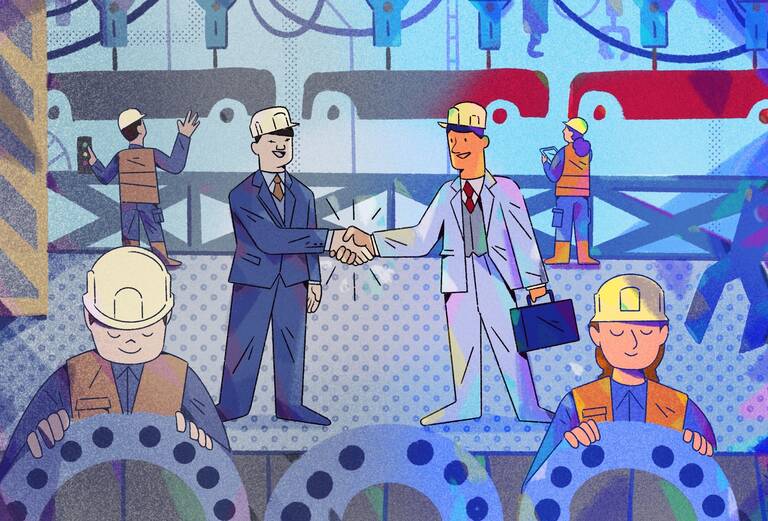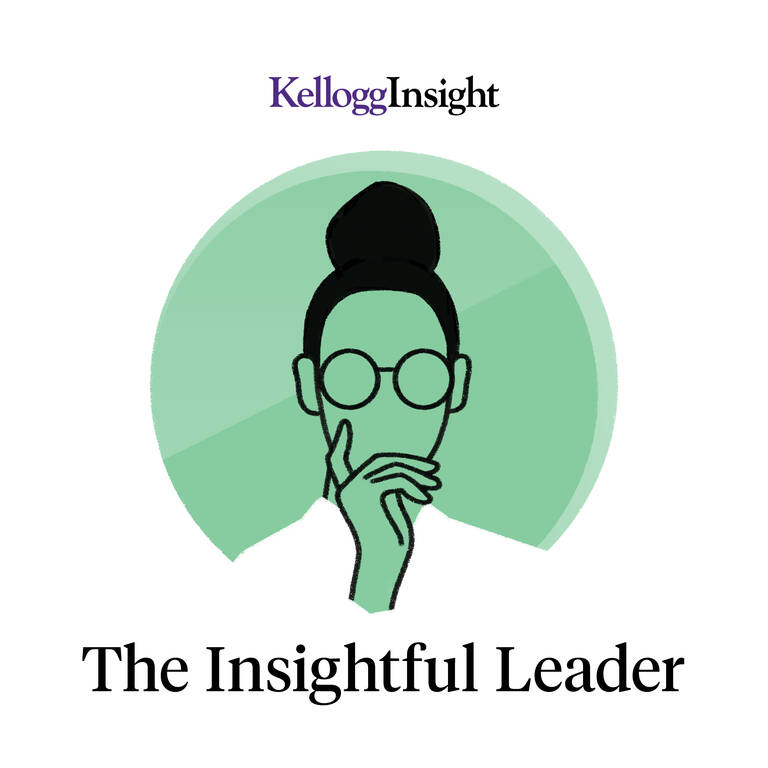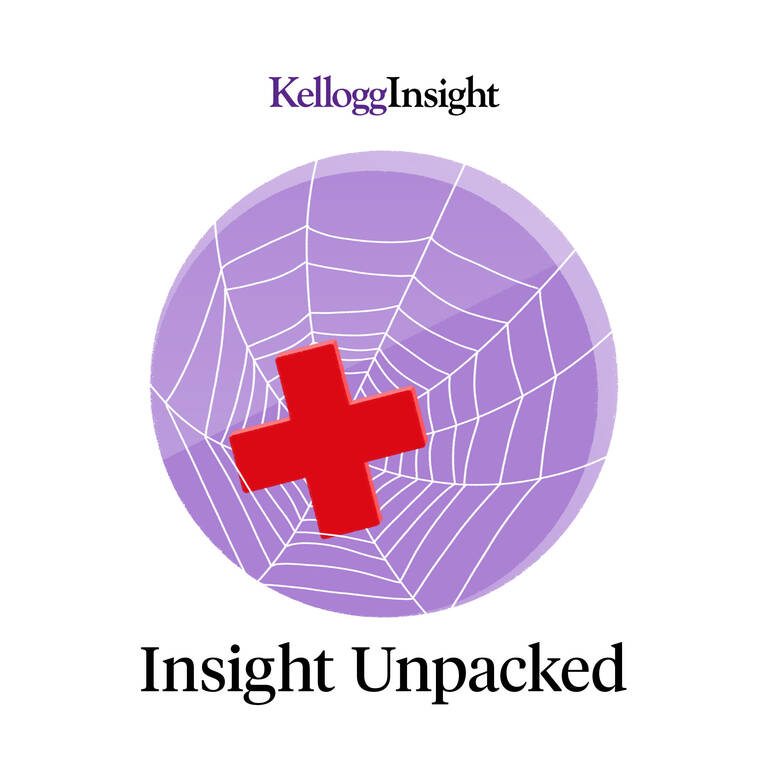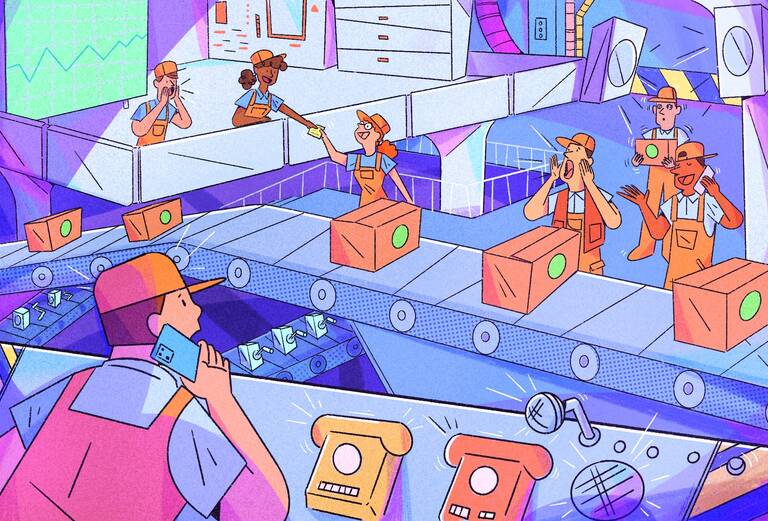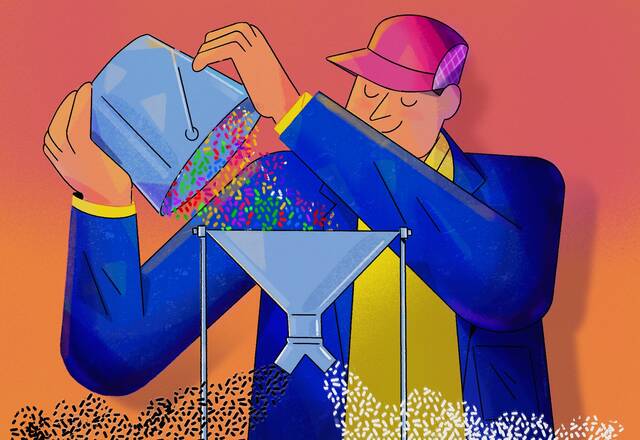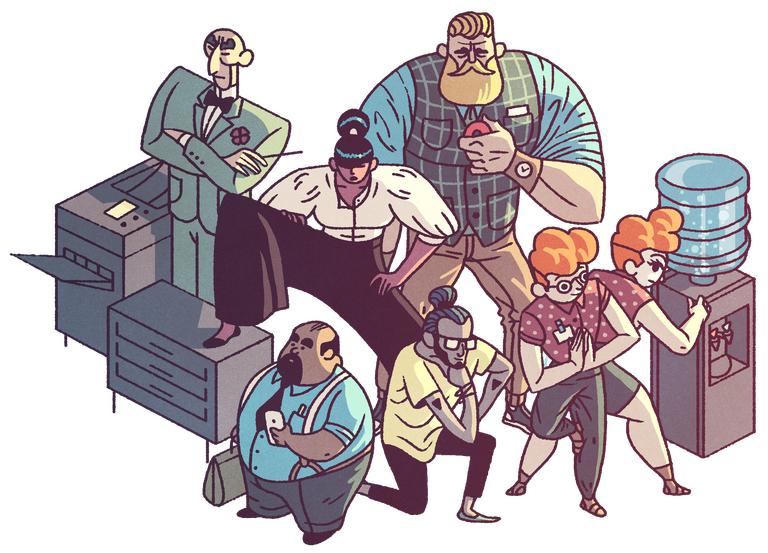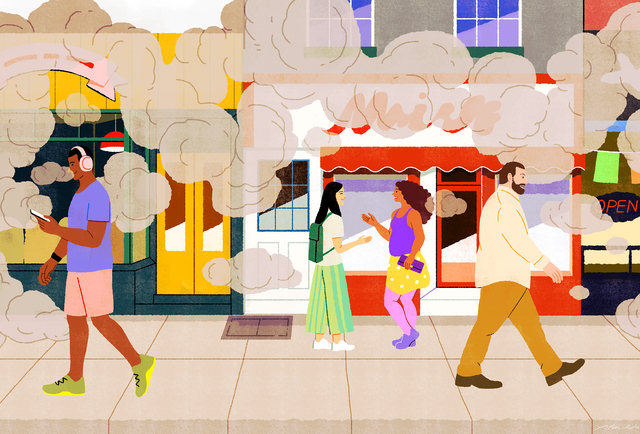
When people hear a problem is widespread, they are less likely to consider it serious—and less inclined to act.

Affordability and rent-vs-buy tools are easy to use but can be misleading. Here’s a holistic approach to making your decision.
Artificial intelligence is transforming business, science, marketing, and labor. Kellogg faculty tell us how we got here and what could be next.
An Italian energy firm’s climate campaign illustrates how to tackle social problems without sacrificing the bottom line.
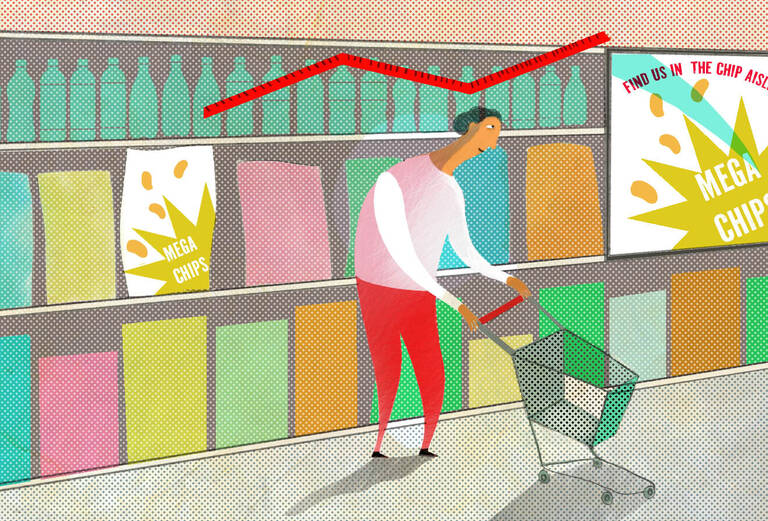
Inconsistent methods make it hard to know if a campaign is working. New approaches to measuring return on ad spend can help companies make better decisions.
Declining fertility rates in China might prove particularly destabilizing—and difficult to reverse.
Game theory shows that it often makes sense for judges to rule at random.

Generative AI models are susceptible to the same errors that humans make when interpreting statistical results.

Despite concern, the use of digital price tags in grocery stores hasn’t moved the needle on costs for consumers.
A large study finds that there’s a trade-off. While tenured researchers may publish less, they often come up with more novel ideas.
The competitive edge athletes get in the job market may come at the expense of candidates with other life experiences.
Before hitting “go” on a growth strategy, founders need to make sure they are ready. Here’s a pre-flight checklist for entrepreneurs.
In new situations, we tend to rely on past strategies to guide our decisions—even when a fresh approach may be better.
Learning that a joke, a story, or art came from AI boosts our confidence in our creativity.

Nurturing markets in areas where products or services are needed but conspicuously absent is about more than supply and demand.
While regulations nudge insurance companies toward prudent portfolios, they may also increase systemic fragility.
When you don’t just switch companies but entire sectors, you need to do your homework, focus on the culture, and build credibility fast.


